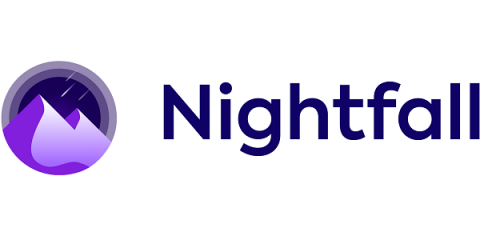Security | Threat Detection | Cyberattacks | DevSecOps | Compliance
AI
Looking to 2024: Data, AI and security will be top priorities for businesses
Vanta Unveils New Products to Secure and Accelerate an AI-Powered Future
Nightfall AI Launches Human Firewall Feature to Help SecOps Teams Tackle High-Volume Alerts with Velocity
Trustwave Backs New CISA, NCSC Artificial Intelligence Development Guidelines
The U.S. Department of Homeland Security's (DHS) Cybersecurity and Infrastructure Security Agency (CISA) and the United Kingdom's National Cyber Security Centre (NCSC) today jointly released Guidelines for Secure AI System Development in partnership with 21 additional international partners.
Criminals Are Cautious About Adopting Malicious Generative AI Tools
Researchers at Sophos have found that the criminal market for malicious generative AI tools is still disorganized and contentious. While there are obvious ways to abuse generative AI, such as crafting phishing emails or writing malware, criminal versions of these tools are still unreliable. The researchers found numerous malicious generative AI tools on the market, including WormGPT, FraudGPT, XXXGPT, Evil-GPT, WolfGPT, BlackHatGPT, DarkGPT, HackBot, PentesterGPT, PrivateGPT.
Nightfall AI and Snyk unite to deliver AI-powered secrets scanning for developers
Snyk provides a comprehensive approach to developer security by securing critical components of the software supply chain, application security posture management (ASPM), AI-generated code, and more. We recognize the increasing risk of exposed secrets in the cloud, so we’ve tapped Nightfall AI to provide a critical feature for developer security: advanced secrets scanning.
Amazon's AI Gold Rush: Profits vs. Consequences - Tackling the Hidden Costs for a Sustainable Future
The Role of Artificial Intelligence in Cybersecurity
The integration of artificial intelligence (AI) into various domains has become ubiquitous. One area where AI’s influence is particularly pronounced is in cybersecurity. As the digital realm expands, so do the threats posed by cybercriminals, making it imperative to employ advanced technologies to safeguard sensitive information.











